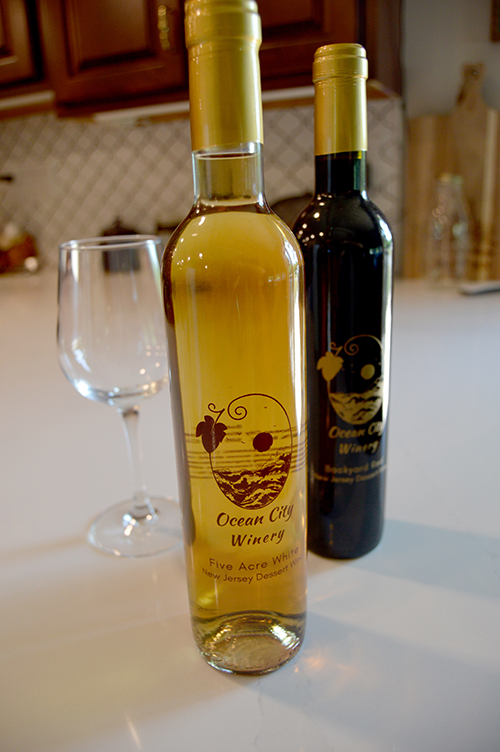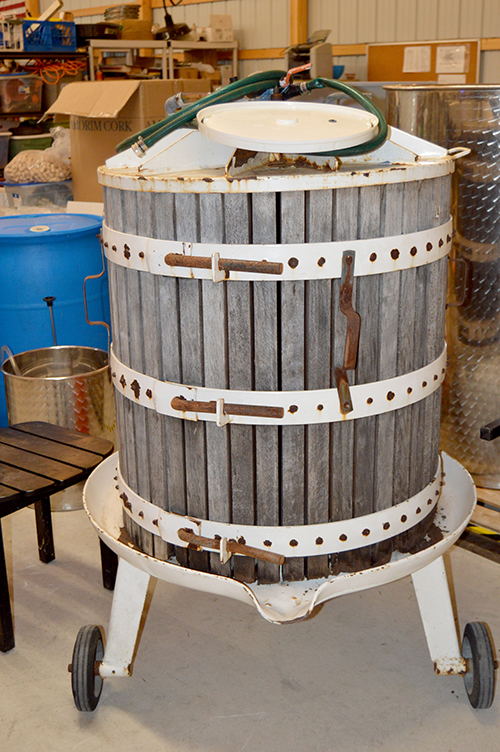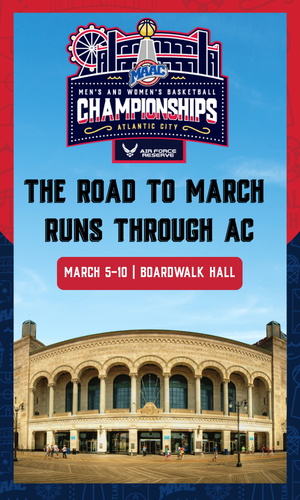Winemakers based in Upper Township may be bringing a new wine tasting facility to Somers Point—waggishly named after the region’s most famous dry town.
By Marjorie Preston
In 2018, retirees Mike and Robin Halpern moved to Upper Township with an idyllic plan: to turn their 5-acre Christmas tree farm into a winery, complete with an 80-seat tasting room.
It sounds like something out of a Hallmark movie, but the plot soon unraveled. Residents in the quiet Beesley’s Point neighborhood pushed back due to concerns about noise, traffic, and the use of pesticides. Things got heated, then antagonistic. The couple even took some flak for their business name, Ocean City Winery, because the shore resort is a dry town. “We never thought there would be so much opposition from people saying, ‘You’re a religious heretic,’” says Mike, a former IT consultant.
But that was then. The Halperns have settled the dispute with their neighbors and township officials, agreed to drop the onsite tasting room, and found a possible alternative location in Somers Point. They are now licensed to produce wine by the state Alcohol Beverage Control. And best of all, tensions in the neighborhood have eased considerably.
“We have good community support now,” says Mike.

Bottles of Five-Acre White and Backyard Red under the OC Winery brand.
First Fruits
The Halperns aren’t new to winemaking. Twenty-five years ago, they started a crop at their farm in Cumberland County. “We thought, ‘Growing grapes, how hard can it be?’” says Mike. “The classic stupid understatement.”
They spent years “doing it right and doing it wrong,” consulting with other winemakers as well as experts at Rutgers University. “We spent time in vineyards in California and Germany. At five years, we deluded ourselves into believing we knew something about grapes. But at 25 years, we’re still learning every day.”
While it’s easy to romanticize winemaking as a profession, the process, from planting the first vine to popping the first cork, takes years to bear fruit. It’s subject to variables that are largely out of the vintners’ control, like climate, weather, and disease. It requires constant monitoring and long hours of toil. The grapes must be harvested at peak ripeness.
End to end, it can take up to two years to produce white wine, three years for red, “and longer depending on how much barrel-aging you want to do,” says Mike.
“Yes, it takes a long time,” agrees Robin, a retired nurse. “The plants aren’t ready until they’re ready, and when they’re ready, you’re already behind.”
Luckily, atmospheric and soil conditions in South Jersey are remarkably suited to this crop. According to research from Rutgers, the Garden State “has all the right ingredients” for a robust winemaking industry, including “an amenable climate and proximity to the ocean that cultivates a rich soil for a growing wine industry.”
According to Mike, French wine growers who visited the Halperns’ farm in Cumberland County “actually got teary-eyed, because it seemed so much like Burgundy,” a province in French wine country that produces some of the world’s best chardonnays and pinot noirs.

A grape press at the Halpern’s 5-acre vineyard.
Cheers!
The Halperns estimate that their two vineyards, in Cumberland and Cape May counties, will eventually produce 20 tons of grapes each year—enough to make 15,000 bottles of wine. They also have a plenary winery license, which means they can augment the homegrown yield with grapes and juice from other growers.
They’re now waiting on the green light from Somers Point to establish a tasting room at a property they own on Bay Avenue, near the Anchorage restaurant. The 1905 structure includes living quarters, now being used as an Airbnb, plus a commercial kitchen and space where wine lovers can taste the Halperns’ proprietary vintages, including cayuga, merlot, chardonnay, cabernet sauvignon, cabernet franc, chambourcin and vidal.
“The cabernet franc is our hands-down favorite,” says Mike. “It’s more mellow than a cab sauv and more robust than a merlot. It grows well in New Jersey and reflects where it’s grown—by the bay—very nicely.
“That said, we’re really enjoying the American whites, vidal and cuyaga, when they’re made old-school and get some time in a barrel. They have lots of flavor and most definitely ‘taste’ of the ocean.”
What’s the most satisfying part of being a winemaker? “It’s learning the science and then applying it in the winery,” he says. “There’s a lot of art involved, but the final product is reliant on following the fundamentals, then making adjustments based on our tastes and what we learn from our customers. That’s the really fun part.”
And the most challenging part? Conceding that the farmer, ultimately, is not the boss. “One thing I’ve learned is to stop yelling at the weather,” says Mike. “Who’s in charge here? Not me. Nature’s in charge.”
Marjorie Preston is a business writer, editor, ghostwriter and compulsive reader, who gobbles up books like potato chips. For more information (and more book reviews), visit marjorieprestonwriting.com.











